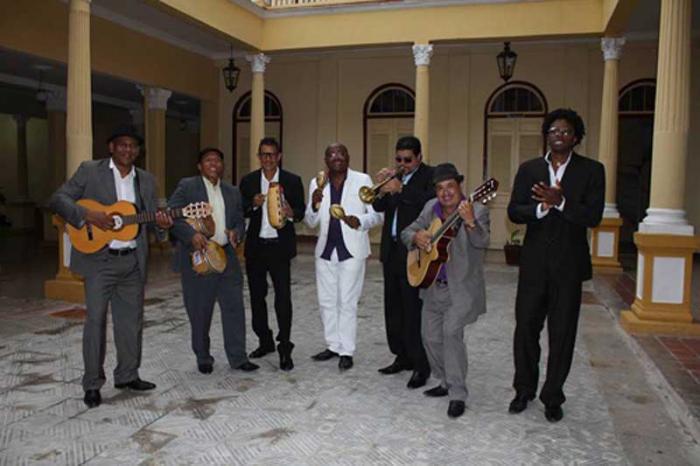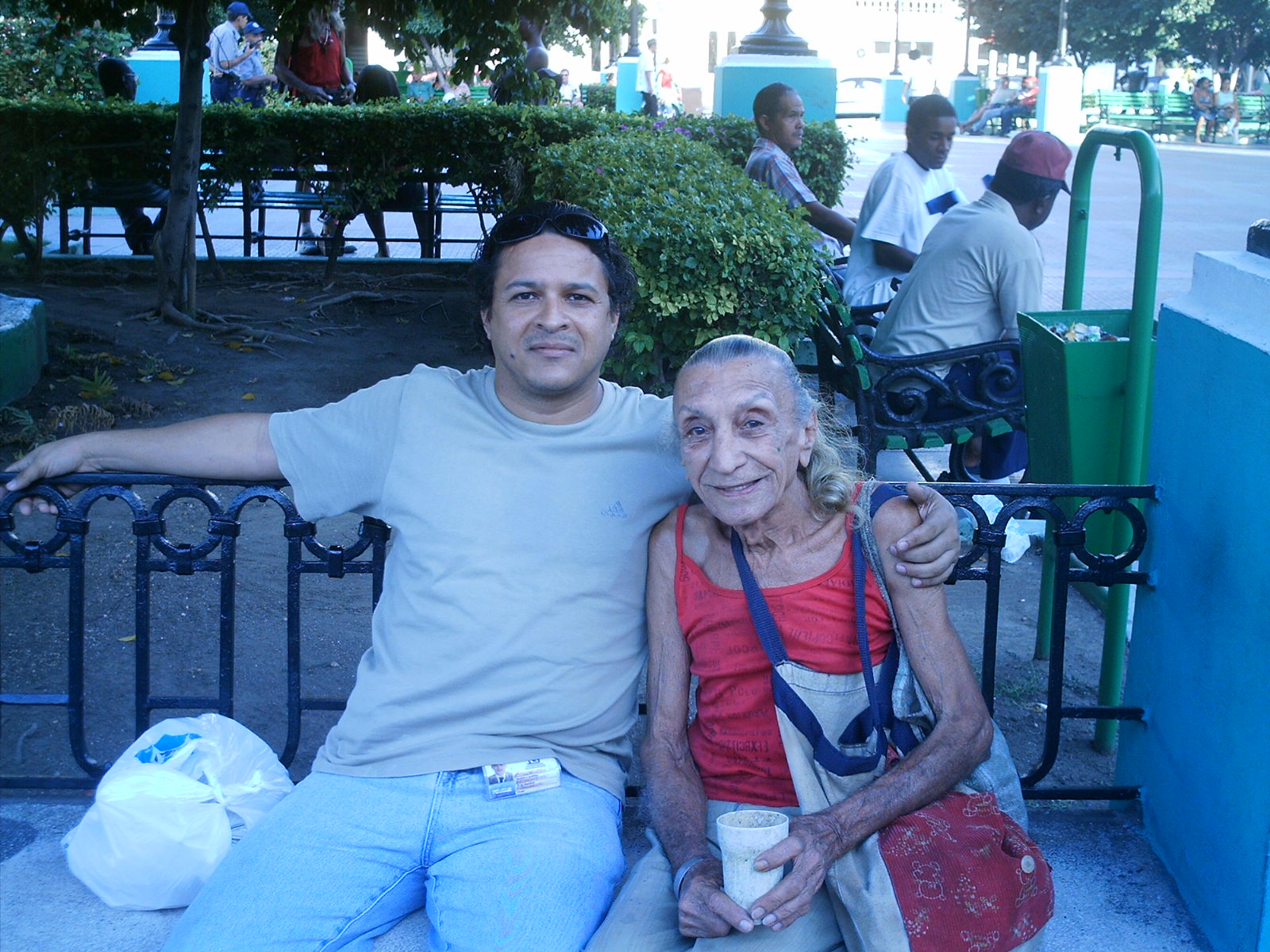By this, he meant that he was not a specialist in the sense of having exhaustively studied Martí’s work, but he acknowledged that the Hero of Dos Ríos was part of his soul due to his Cuban condition, and because he learned to love him as a child, because his family (both his father and his maternal family) has always been very devoted to Martí.
In one of his songs (Décimas a mi abuelo), Silvio refers that his grandfather «spoke» with Martí and in another (El juego que me regaló un 6 de enero) that Martí spoke to him about friendship and that he believed in Martí every day.
More than in the few direct mentions to Martí, Silvio’s feelings are manifested in the ethical and aesthetic coordinates that govern him. Some of the thematic axes that interconnect both intellectuals include, among others, patriotism, heroism, history, women, beauty, friendship, the human condition, and death.
Death as an inherent condition of life and an ineluctable event of those who fight for existence, is a common topic in both creators. In Martí, as a natural and unavoidable act, which is so strong that in the magazine The Golden Age, written for children, the topic appears frequently: “Los zapaticos de rosa”, “Los dos príncipes”, “El camarón encantado”. He also did it throughout his poetic work: “A Micaela Ninn”, “Abdala”, “Mis padres duermen”, and “A mis hermanos muertos del 27 de noviembre”. Precisely, this last one is one of those that penetrated Silvio’s artistic and political sensibility.
About Martí’s poetic argument, Silvio said in the interview already quoted: “These are verses that I read when I was a teenager and I still return to them because they speak of very important values for me such as friendship, homeland, the commitment that is made before the dead, before the fallen”.
Amaury Pérez Vidal, when talking to Silvio on the Cuban Television program “Con 2 que se quieran” (June, 2011), wanted to know why death appeared a lot in his songs. ) Silvio replied the following: “It is something that happens to us. It is like starting to grow. You start growing the day you realize that we all die”.
Another attitude that links Martí and Silvio is their preference for contact with the people. Needless to say, to know the constant journey of the Cuban Revolutionary Party delegate through the labor centers of the patriotic emigration.
The troubadour, meanwhile, prefers unique and ephemeral communication with the public, making the lyrics alive with each performance. In this regard, he once said:
“The recital is direct communication with people. […] You are in contact with people, people are watching you breathe, they are watching you make mistakes, that you are making mistakes many times, they are watching you how your voice fails when singing. They are seeing how you are a human being”.
That is the conceptual basis of the Tour throughout the Cuban Neighborhoods.




